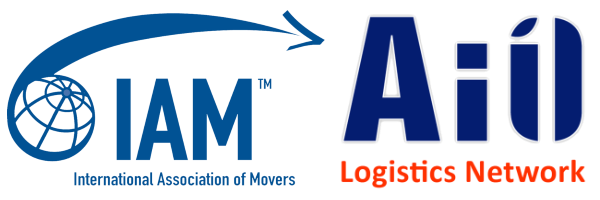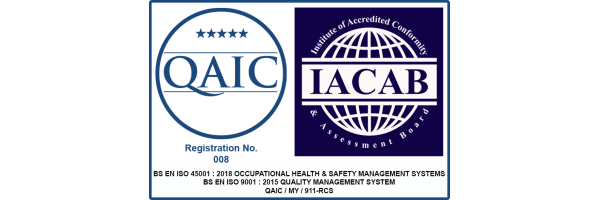Regulations by Malaysian Customs
Tobacco
Tobacco not more than 225 gram (equivalent to 200 cigarettes).
Alcohol
Wine, spirit, malt liquor not more than 1 litre
Apparels
Wearing apparels not more than 3 pieces. One pair of new shoes.
Electrical
Portable electrical or battery operated appliances for personal care and hygiene not exceeding 1 unit each
Food
Food preparations to a value of not exceeding RM75.
Others
All other goods including gifts and souvenirs valued at not more than RM400 (except for goods from Langkawi, Pulau Tioman and Labuan, the total amount valued at not more than RM500).
Prohibited
- Any article bearing the imprint or reproduction of any currency note, bank note, or coin which are current or have at any time been issued or current in any country.
- Indecent or obscene prints, paintings, photographs, books, cards, lithographic or other engravings, films, video tapes, laser discs, color slides, computer disc and any other media (including unprocessed films) or any other indecent or obscene articles.
- Intoxicating liquors containing any lead or compound of lead of more than 3.46 milligrams per litre, whether in the form of copper or any compound of copper.
- Daggers and flick knives
- Poisonous chemical such as Crocidolite, Polybrominated Biphenyl, Polychlorinated Biphenyl, Polychlorinated Terphenyl and Tris (2,3-dibromopropyl) phosphate
- Lightning arresters containing radioactive material.
- Sodium arsenite
Vaccination
- A yellow fever vaccination certificate is required from travelers over 1 year of age arriving within six days from infected areas. Those countries formerly classified as endemic by the WHO are considered by the Malaysian authorities to be infected areas.
- Following WHO guidelines issued in 1973, a cholera vaccination certificate is not a condition of entry to Malaysia, although it may be required if traveling on to a cholera-infected country. However, outbreaks have been reported in Malaysia in the recent past; see the Health appendix.
Health Care
Health insurance is recommended. Hospitals are found in all the main cities and can deal with all major needs. Private hospitals, some managed and staffed by British-trained doctors and nurses, provide a high standard of medical care and include Gleneagles Intan Medical Centre in Kuala Lumpur and Ampang Puteri Specialist Hospital, Selangor. Smaller towns and rural areas have private clinics. In an emergency, dial 999
Health Risks
- Typhoid risk exists, especially in rural areas.
- Malaria risk exists only in certain isolated inland regions. Urban and coastal areas are safe. The falciparum strain is reported to be highly resistant to chloroquine and resistant to sulfadoxine/pyrimethamine. The recommended prophylaxis is mefloquine.
- All water should be regarded as being potentially contaminated. Water used for drinking or making ice should have first been boiled or otherwise sterilised. Milk is unpasteurised and should be boiled. Powdered or tinned milk is available and is advised, but make sure that it is reconstituted with pure water. Avoid dairy products that are likely to have been made from unboiled milk. Only eat well-cooked meat and fish, preferably served hot. Pork, salad and mayonnaise may carry increased risk. Vegetables should be cooked and fruit peeled.
- Hepatitis A, C and E occur and hepatitis B is hyperendemic. Epidemics of dengue fever and Japanese encephalitis can occur in both urban and rural areas. Immunisation against tetanus, TB, diphtheria, hepatitis A and E is recommended. Outbreaks of meningococcal meningitis can occur. There may be some risk of rabies in certain areas. For those at high risk, vaccination before arrival should be considered. If you are bitten, seek medical advice without delay. For more information, consult the Health appendix.
Note
It is generally considered safe to drink water straight from the tap; however, as no authority is absolutely clear on this matter, the above advice is included as it reflects the necessity for caution for visitors who are unused to the Malaysian way of life.



